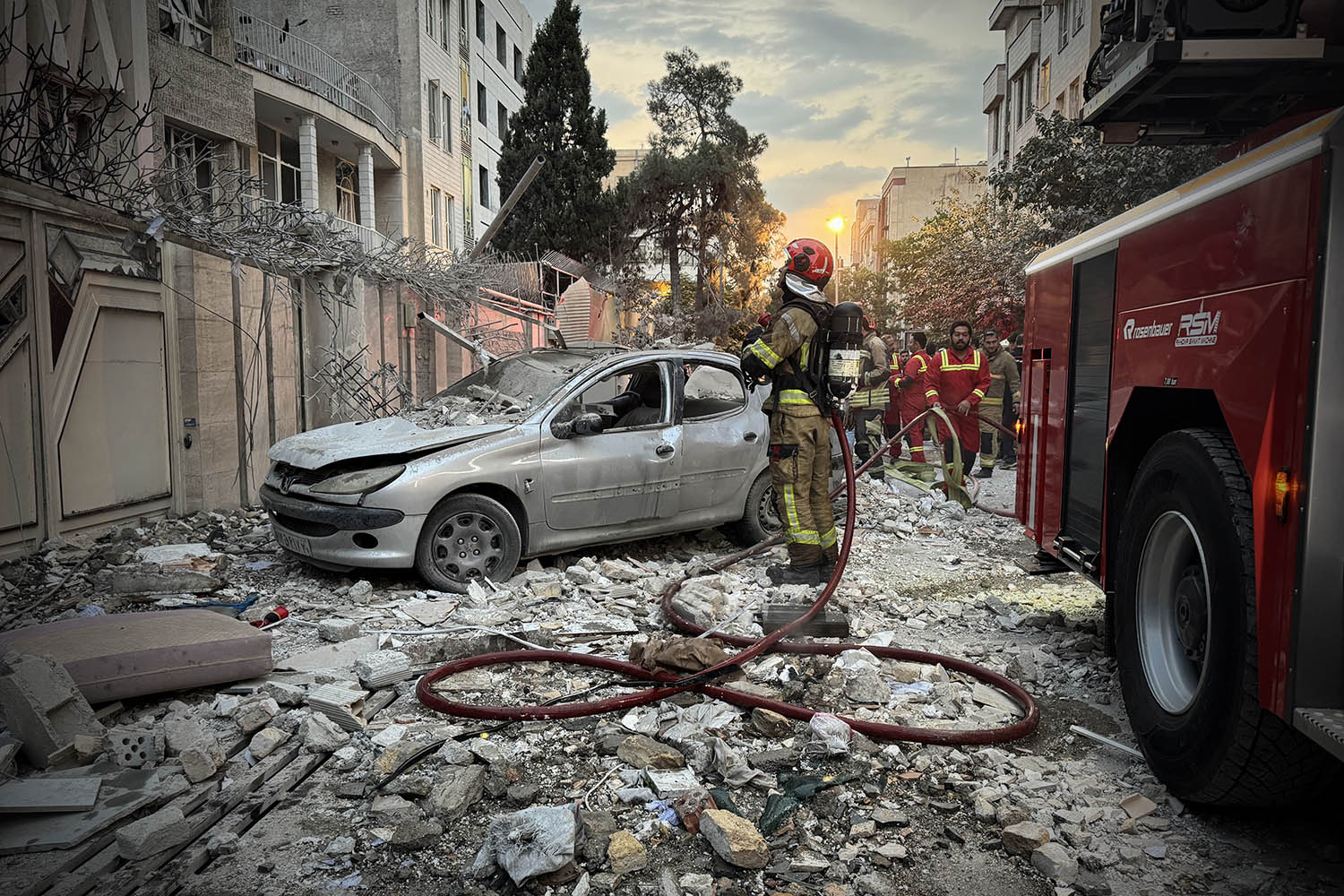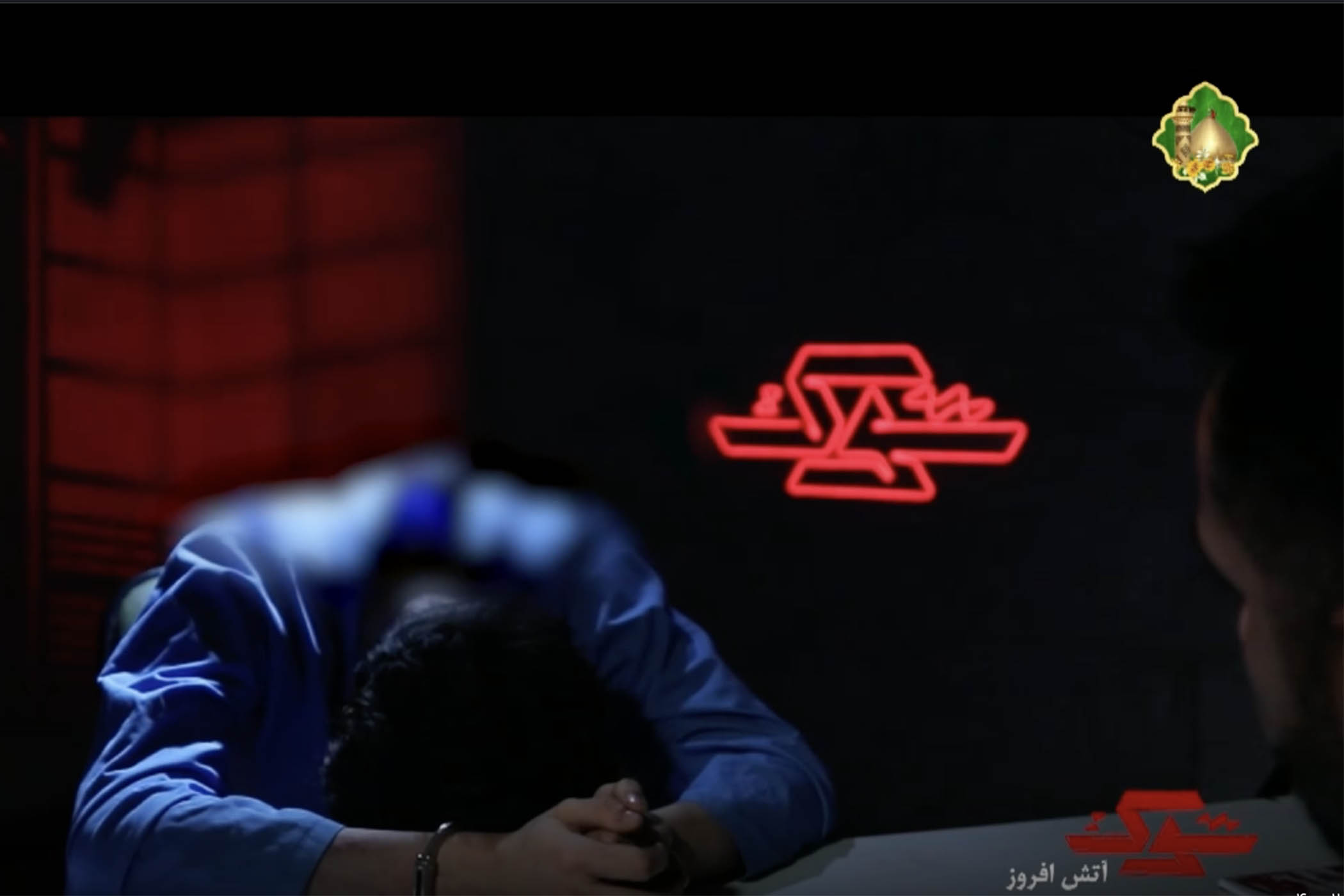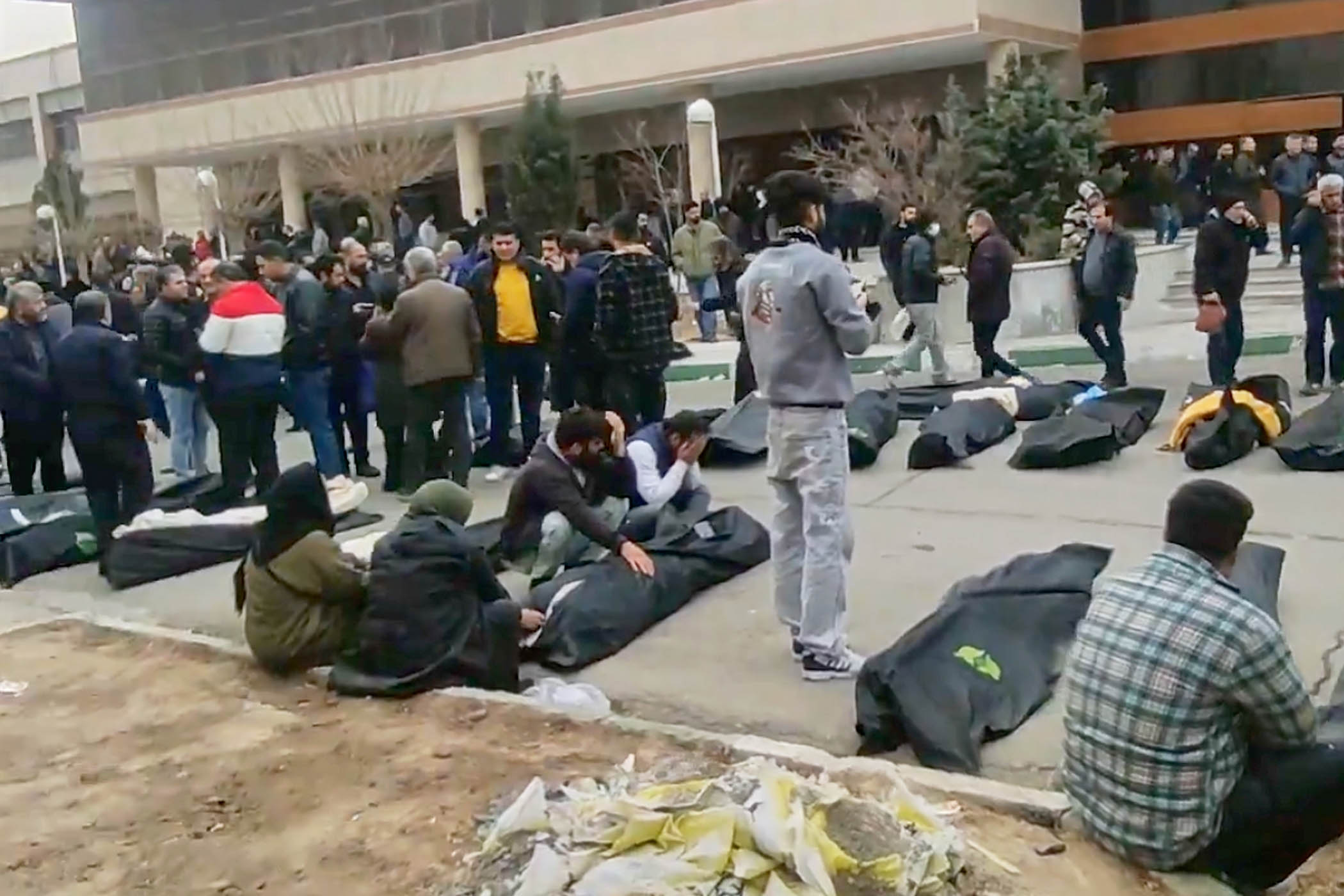With its unprecedented strikes on Iran, Israel has indicated that it has the intelligence, the military capability – and now, it seems, the impunity – to attack its enemies wherever and however it chooses.
In the immediate aftermath of the strikes, Israeli security sources busily briefed on the daring acts of espionage: drones stockpiled within Iran and commando units deployed in the centre of the country, alongside precision attacks on weapons systems.
For Iran, the total breach of its defences was particularly humiliating considering that an Israeli strike has long been its top strategic threat, especially given Israeli prime minister Benjamin Netanyahu’s decades-long obsession with the country.
“There are usually certain protocols that are followed when a threat is detected – commanders relocated to safe houses, for instance – but none of that happened,” said an Iranian academic and Islamic Revolutionary Guard Corps expert, who asked to remain anonymous for security reasons. “No one seemed to take the threats seriously.”
Iran’s air defences had been severely degraded last October when Israel launched three waves of strikes. In response, Iran fired more than 180 ballistic missiles at Israel, which were mostly intercepted. This time around, Israel’s attack was far bigger, while Iran’s response – so far – has been more muted.
Tehran finds itself isolated, lacking Syria as an ally and with Russia hopelessly distracted by Ukraine. Meanwhile, China’s interest lies in building alliances such as the March 2023 detente it brokered between Iran and Saudi Arabia. Iran’s proxies have been devastated, not least Hezbollah, after Israel’s series of strikes last year, culminating in the assassination of its then leader Hassan Nasrallah.
But any Israeli sense of victory at such audacity may be short-lived. First, Israel’s ever-greater spiral into international isolation has had consequences. Both the US and UK came to Israel’s aid last October, providing support when Iran launched its counterattack. Both nations have made clear they will not be doing the same this time around.
Second, while Iran’s ability to hit back has been diminished, it has not been extinguished. US interests in the region and Jewish communities around the world are also at risk of attack.
Related articles:
“A line has been crossed and this has got some way to run, but Iran is actually short of good options,” said Sir Jeremy Greenstock, former UK ambassador to the UN.
Dr Burcu Ozcelik, senior research fellow for Middle East security within the international security department at the Royal United Services Institute, agreed. “Tehran could be more open to risk-taking if it doesn’t see an off-ramp,” she said.
Newsletters
Choose the newsletters you want to receive
View more
For information about how The Observer protects your data, read our Privacy Policy
Indeed, the fact that Iran has been so weakened could have made the argument for a diplomatic deal and a negotiated solution more compelling.
A sixth round of talks between the US and Iran was due to start in Oman on Sunday . But Israel, despite being nearly two years into a devastating war in Gaza that long ago spiralled out of any form of control, has chosen to put its military superiority into play.
Some analysts believe Israel’s goal is not just to damage Iran’s nuclear programme. “Israel is clearly enfeebling Iran’s entire military capability, including its conventional resources,” said Arash Azizi, an author and academic. “It seems outrageous but it’s possible that Israel has some interest in engineering a coup, of encouraging regime change, hoping a different kind of leadership emerges – although of course this might not be more friendly towards Israel.”
Critics have long warned that Israel cannot hope to destroy Iran’s nuclear capability – especially given that the critical Fordow fuel enrichment plant site is deep underground – merely to delay its progress.
For years, the tactic has been to periodically hobble its development through sabotage and the targeted assassinations of nuclear scientists. This shadow war has now been thrust into the spotlight.
The threat from a nuclear Iran is very real, but it remains to be seen how long the classic Israeli military justification of “ein brera” – “we have no choice” – can be swallowed by a domestic constituency all too acutely aware that their deeply unpopular prime minister’s dedication to staying in power does not always align with the national interests.
Just as it was always going to be impossible to eradicate Hamas from Gaza, the idea that Israel can once and for all destroy Iran’s nuclear capability may take it down a long and bloody road.
Daniella Peled is the managing editor of the Institute for War and Peace Reporting


